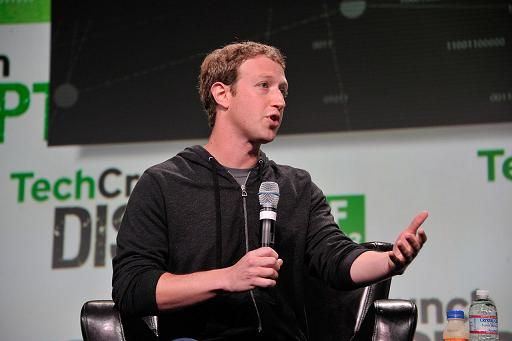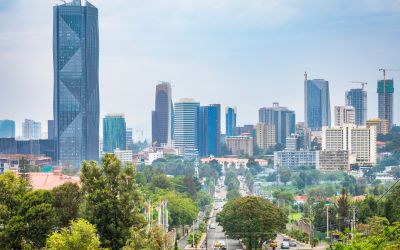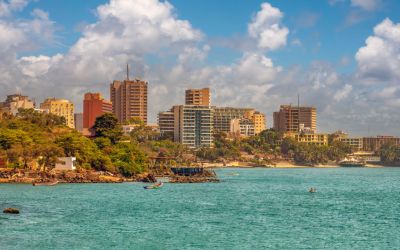Facebook solar powered drones to boost internet access in Zambia
Facebook has launched a new mobile app with telecommunications company Airtel and will use solar powered drones to improve access to health, job and weather information in developing countries

Facebook has launched a new mobile app with a host of global telecommunications partners and will use solar powered drones to improve access to healthcare, careers and weather information in developing countries.
The new initiative is part of Facebook’s Connectivity Lab project and the US social networking company will use solar powered drones to deliver data usage.
The project will enable users in Zambia to access mainstream internet sites like Wikipedia and Google for the first time.
The move is part of the Internet.org programme which is a partnership between Facebook and the mobile phone companies Samsung, Ericsson, MediaTek, Nokia, Opera Software, and Qualcomm with the aim of increasing global access to the internet in an affordable and energy efficient, sustainable way.
Users in Zambia who have an Airtel phone will be able to access internet sites without charge.
Guy Rosen, spokesperson for Facebook, said: “Over 85 per cent of the world’s population lives in areas with existing cellular coverage, yet only about 30 per cent of the total population accesses the internet. Affordability and awareness are significant barriers to internet adoption for many and today we are introducing the Internet.org app to make the internet accessible to more people by providing a set of free basic services.”
The Facebook solar drones will fly at high altitude and carry WIFI signals that can be accessed by users below and are the first completed product from Facebook’s Connectivity Lab.
The initiative’s mission statement is based on the principle of progressing humanity by allowing universal access to the internet, improving education and knowledge sharing.
Facebook is not the only company with a stake in this area as Google revealed last month that it is planning to invest more than $1 billion (£597m) in a fleet of satellites to bring the internet to parts of the world that are currently unconnected.


